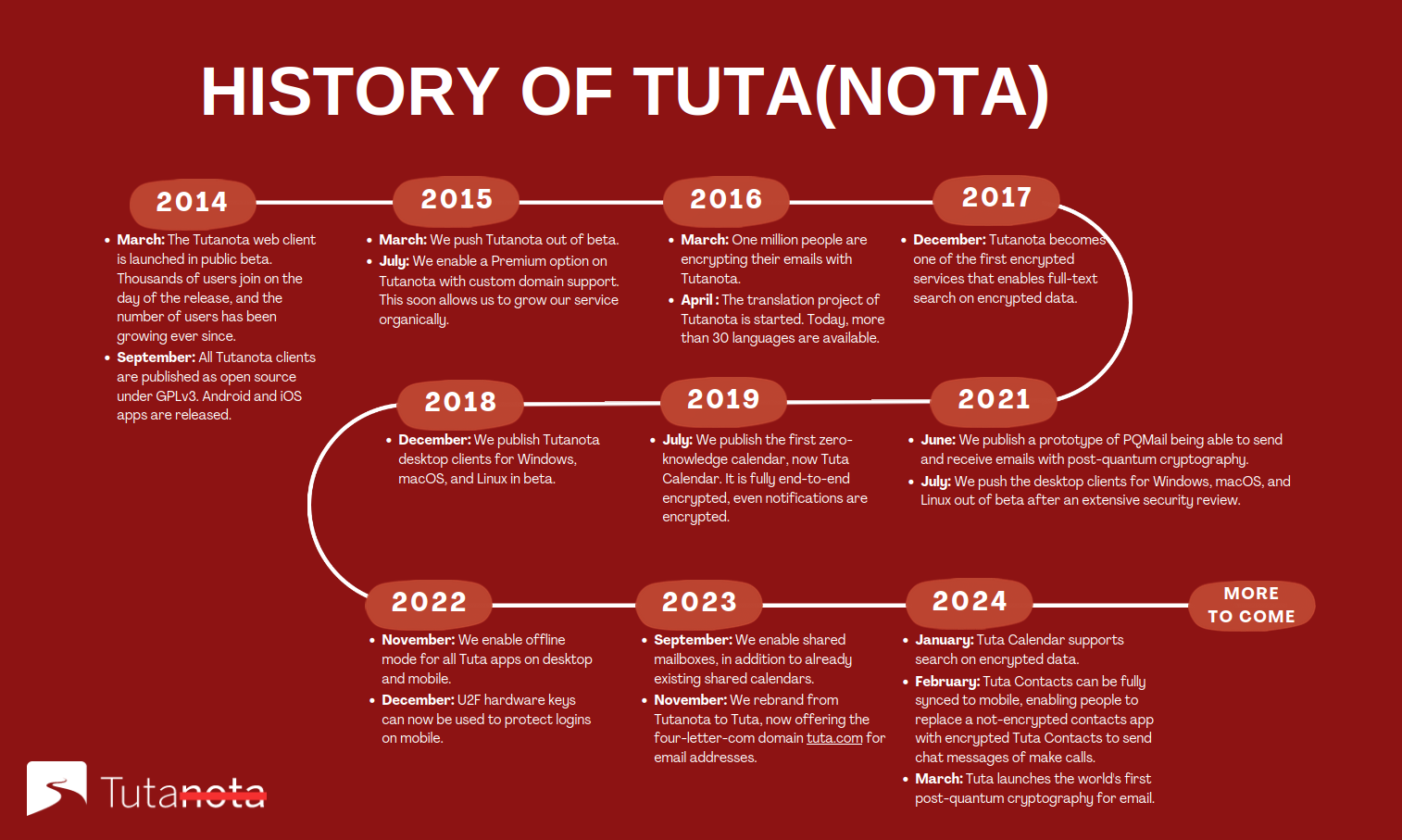While most countries are passing new laws to track their citizens, Germany is reportedly taking the opposite approach:
The Federal Ministry of Digital Affairs and Transport (BMDV from the Bundesministerium für Digitales und Verkehr) has published a draft law requiring email providers, messenger and other cloud providers to use strong end-to-end encryption. The bill is of course celebrated by cryptography experts as well as privacy lovers, as it enshrines the digital privacy of correspondence.

Governments around the world are considering how to undermine strong encryption with client-side scanning, Germany's government works to protect citizens' right to privacy. It's no surprise, as the country is known for its strong data protection laws. This is also one of the reasons why the Tuta we use is based in the country.
German internet activists from Netzpolitik.org they published the draft law which aims to make end-to-end encryption mandatory for messenger, email and cloud service providers.
The newly published draft law follows the agreement of a 2021 coalition of the German government of the SPD, FDP and the Greens. At the time, the plan to introduce the right to encryption had gained approval, especially among security experts.
So at Tuta they are excited about the draft of the law which coincides with the moment when they celebrate ten years of the company. Ten years ago, the world's first encrypted email provider started in Germany.
Read the company story (https://tuta.com/blog/road-to-success)






